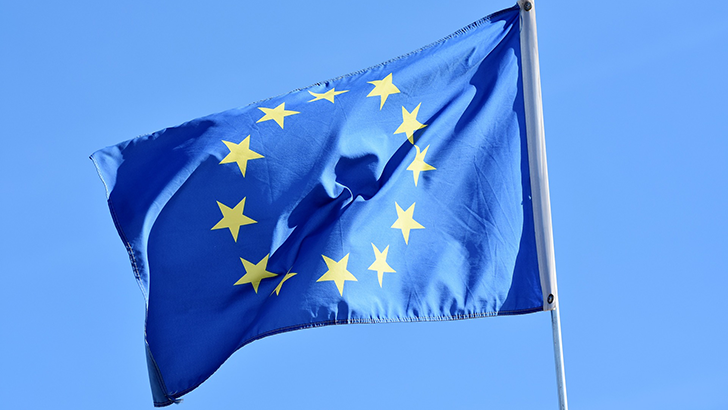European Union lawmakers came together in early 2017 to put an end to mobile roaming fee headaches for individuals traveling within across Europe. This meant that calls, texts, and data subject to extra charges while journeying through the 28 EU nations, plus the three countries that come under the European Economic Area (EEA) — Iceland, Liechtenstein, and Norway. That effort went over so well, the EU is now interested in extending the deal, announcing that its "Roam-like-at-home" plan, effectively enabling free mobile roaming within the region, will last until at least 2032.
In addition to extending free-roaming benefits for another decade, regulators have made some notable inclusions in the regulation. EU mobile users will now enjoy the right to get the same internet quality abroad as they do at home (via TechCrunch).
Meanwhile, carriers must ensure that travelers (or roamers) have access to 4G or 5G networks in the region they're visiting, provided there's enough coverage. Carriers are also obligated to offer the same technology as the one that you're using at home, meaning someone with a 5G contract must receive 5G connectivity when roaming, wherever a network is available. Mobile operators also have to provide necessary information about wider network availability on their respective websites or in the customer's contract.
Starting July 1, carriers will be obliged to protect their customers from surprise charges and inform them when they are about to switch over to a non-terrestrial network during boat or air travel.
Furthermore, lawmakers want carriers to notify customers about alternative options for getting in touch with medical services, either via standard text or through a dedicated mobile app. This would be in addition to the current emergency number — 112 — which is accessible throughout the EU.
The regulation will mandate mobile carriers to provide clarity on additional charges that may be incurred while dialing customer services numbers, airline help desks, or sending texts to participate in an event or contest.
The executive VP for a Europe Fit for the Digital Age, Margrethe Vestager, welcomed the extension of the regulation, calling this a "tangible benefit" of the European single market. The European Commission said it reviewed the 2017 regulation and learned that it could be even better. Citing a February 2021 Eurobarometer survey, the commission said that 33% of the respondents reportedly witnessed slower internet speeds abroad than at home. With these factors in mind, this extension is certainly great news for people who frequently travel within the EU. This updated regulation officially goes into effect July 1.

